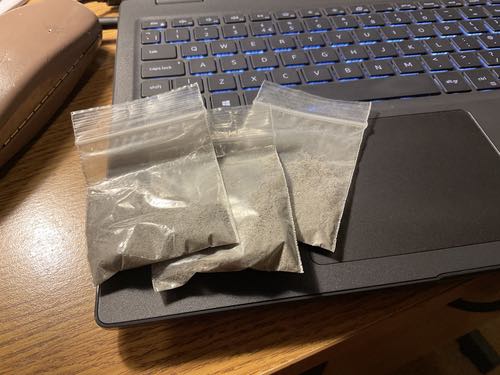Until I read the above tweet, I had not realised that one could purchase ash for Ash Wednesday.
To be clear, during the quarter of a century I was chaplain at a secondary boys’ school, the students would raise funds during Lent which would be given to various local and overseas charities; for one of these we donated to an African village that we received Palm Crosses from. These were blessed and distributed on Passion/Palm Sunday.
Before the next Lent, some of these Palm Crosses were collected, burnt, and at the Ash Wednesday service, that ash was blessed and used to mark foreheads with the Sign of the Cross.
As an aside, In the above tweet, you, like me, might be innocent as to what the dime bags reference is. It took some poking around: dime bags are used to sell illegal drugs in.
What interested me was: does the process of purchasing ash bypass the other usual steps involved? Is this simply ash – ie: when churches buy ash, are they interested if it has come from blessed palms used on Palm/Passion Sunday? Or is any ash from any source fine? I was told it is not a RC canonical requirement to make the ash from blessed palms. That, in fact is incorrect. Helpfully, another tweet pointed to The Roman Missal’s direction:
In the course of today’s Mass, ashes are blessed and distributed. These are made from the olive branches or branches of other trees that were blessed the previous year.
Ash Wednesday – The Roman Missal
Here is a concluding aside. To my question, “Why would churches not make their own ash?”, I thought one priest’s reply quite telling: he understood that this would be required of the priest to do – rather than having others in the congregation producing the ash.
I wonder if ash is for sale like this in NZ? How common is this? Is it focused on particular countries or cultures?



